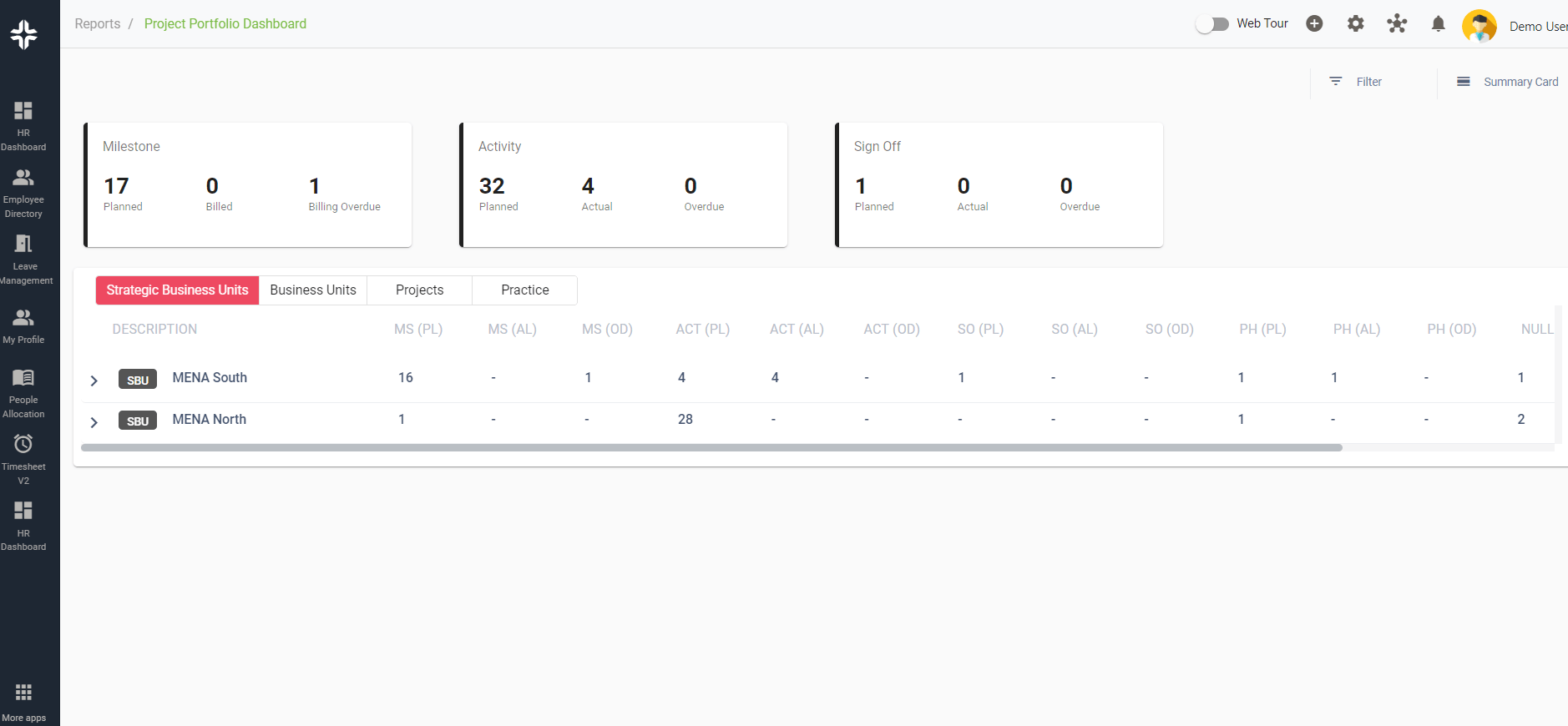Home » PSApedia
Planned Value
Unlock the Power of Planned Value. Drive Efficient Project Management and Financial Control.

What is Planned Value?
Planned Value (PV) is an integral aspect of project management and, at a broader level, professional services automation (PSA). It refers to the value of the work that was supposed to be completed at any specified point in time during a project.
In essence, it provides a monetary measure of the planned progress of a project, offering insights into what the budgeted cost should be for work performed.
The Importance of Planned Value
Understanding PV is crucial for multiple reasons:
1. Budget Management: PV allows organizations to forecast expenses and manage their resources more efficiently. It acts as a guide, setting clear monetary boundaries for different stages of a project.
2. Performance Evaluation: Comparing PV with actual costs and progress helps in assessing how well a project is performing. Any significant variances can be indicators of potential challenges or inefficiencies.
3. Forecasting: PV aids in predicting future costs and can be used as a reference for similar projects in the future.
Moreover, PV plays a pivotal role in Professional Service Automation, enabling businesses to streamline operations, increase efficiency, and optimize budgets.

Why Planned Value is so important?
Calculating Planned Value
Formula:
PV = (Total Hours Planned to be Completed by a Specific Time x Hourly Rate)
Example:
Let’s consider a project with a total planned duration of 200 hours. If the hourly rate is $50 and you plan to complete 50% of the project by the end of the first week, the PV would be:
PV = (200 hours x 0.5) x $50 = $5,000
Thus, by the end of the first week, the value of the work planned to be completed is $5,000.
Difference Between Planned Value and Other Metrics
One of the most common comparisons made is between Planned Value (PV) and Earned Value (EV). While PV denotes the value of work that was planned to be completed, EV represents the value of the work that has been completed.
In the world of finance management, it’s crucial to distinguish between these metrics to get a clear picture of project health and financial performance. For instance, if EV is consistently lower than PV, it indicates that the project is lagging behind schedule.
| Metric | Definition | Purpose or Use |
|---|---|---|
| Planned Value (PV) | The value of the work that was planned to be completed by a specific time. | Measures what you expected to accomplish by a specific time. |
| Earned Value (EV) | The value of the work actually completed by a specific time. | Measures what you’ve actually accomplished by a specific time. |
| Actual Cost (AC) | The costs actually incurred for the work performed by a specific time. | Measures what you’ve actually spent by a specific time. |
| Budget at Completion (BAC) | The total planned value of the project when it’s finished. | Gives the total planned value for the entire project. |
Application of Planned Value
PV’s applications span across:
- Performance Analysis: By adjoining PV with actual costs, organizations can gauge their financial performance and make adjustments accordingly.
- Risk Management: Any significant variances between PV and actual costs can highlight potential risks, allowing for proactive mitigation.
- Strategic Planning: PV provides invaluable insights when strategizing for future projects, enabling businesses to refine their financial planning and resource allocation processes.
Such applications are integral in optimizing project management processes, leading to enhanced profitability and improved operational efficiency.
Ready to Optimize Planned Value?
KEBS stands as a powerhouse for businesses aiming to streamline their operations, especially in the domain of professional services automation. With its robust features, KEBS ensures that PV isn’t just a metric but a strategic tool.
1. Resource Allocation: With KEBS resource management software, businesses can allocate resources optimally, ensuring that the PV is aligned with their strategic goals.
2. Real-time Monitoring: Through KEBS ticket management software, businesses can monitor project progress in real-time, promptly identifying any variances from the PV.
3. Finance Management: KEBS finance management platform provides a comprehensive overview of a project’s financial health, making PV management more efficient.

KEBS Project Management
Ready to take your Planned Value optimization to the next level? Get a hands-on experience with KEBS or contact us for tailored solutions.



